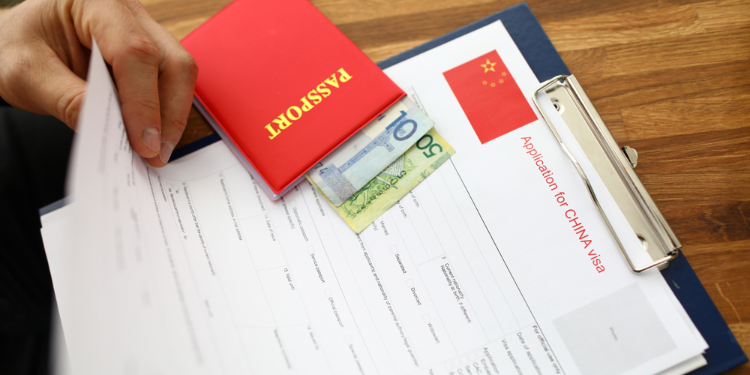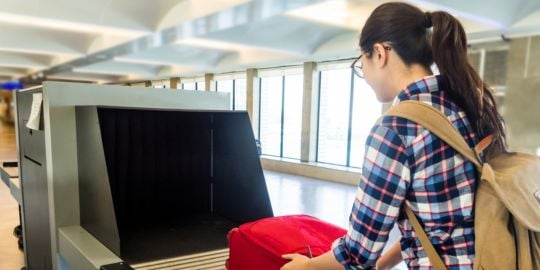More flexibility for business visas
China's Ministry of Public Security (MPS) has announced new measures to make it easier for expatriates to move to China. Specifically, the measure concerns foreigners traveling to China for short-term business activities (participation in exhibitions and conferences, business negotiations, maintenance operations, branch visits, etc.). They will now be able to apply for a visa on arrival in the country rather than before the trip by presenting a letter of invitation from the organization and any other document justifying the trip. Foreigners visiting China several times will be able to obtain a multiple-entry business visa valid for 3 years after their first entry. For now, the full list of eligibility requirements for a business visa on arrival hasn't been released. These new rules should be in place by the end of August, according to Chinese authorities.
No more withholding passports during the residence permit process
Expatriates applying for a residence permit in China will now be able to keep their passports while their application is being processed. This measure applies to foreigners arriving in China on a student or work visa and intending to stay long-term. Until now, they were required to remit their passport to the local public security office empowered to process their application (this procedure is generally carried out with the help of the sponsoring school or company). The local office would keep the passport during the whole application process, usually around 3 weeks. In the meantime, foreigners were issued a temporary travel document, allowing them to travel within China only. Thanks to the new measure, foreigners will be able to keep their passports and therefore travel internationally.
Digitization of procedures and one-stop shopping
China is moving a step further towards digitization and centralization of certain services. For example, the MPS has announced the opening of a one-stop shop for all public security matters. The one-stop shop is expected to facilitate and accelerate the processing of public safety, traffic control and registration formalities. Online services will also be available soon to streamline applications for residence permits, residence registration certificates, replacement of lost residence cards (as long as they were issued less than 2 years ago), and registration of newborn babies.
New measures to reassure expatriates
Needless to that that all these measures are intended to make things easier for foreign residents in China and attract new expatriates. Since the Covid pandemic, China has witnessed an expat exodus, including employees and business people. The new anti-espionage law, in force since July 1, has revived new concerns for expats, particularly in the business world. The law allows for enhanced surveillance and can make it illegal to hold or issue "any document related to national security and state interests". Some foreign companies have expressed their concern, fearing arrest for espionage. Journalists are even more worried. China probably intends to calm things with new measures making it easier for foreign professionals to travel. But whether these relaxations will eventually retain expats and attract more of them is yet to be seen.
















